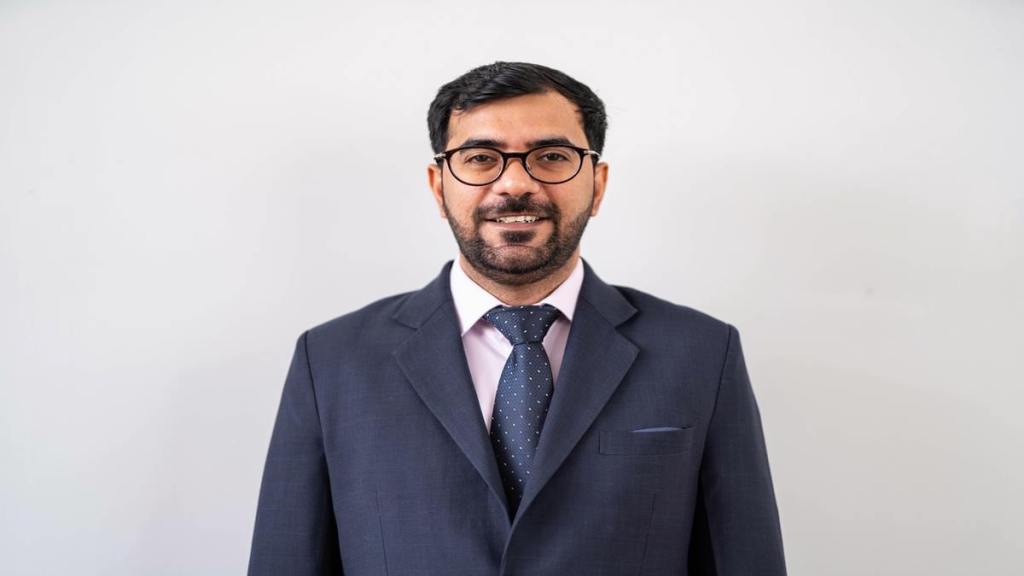The logistics environment in India has undergone significant changes over the past decade due to the country’s rapid emergence and growth of e-commerce. In just 24 months, the number of online shoppers in the country doubled to 150 million. Nevertheless, it has faced several challenges ranging from rising fuel costs to a lack of drivers.
Ashish Sikka, Chief Strategy Officer, Ecom Express Limited in conversation with the Financial Express details the changing logistics landscape of India, issues faced by the logistics partners and how they can be addressed.
What are the challenges that the logistic sector is facing in India and how Ecom Express is working towards finding a way forward?
One of the major challenges the logistics sector is facing is the rise in fuel prices, leading to an increase in shipping cost. Customers are forced to pay an additional surcharge because of rising fuel prices, ultimately driving up the cost of overall shipping.
Another concern of the customers is the delivery duration. Over 60% of the deliveries at Ecom Express come from tier II, III and IV towns and cities. delivery in these towns. Digitizing the next set of online shoppers in these small towns meant that the reach of a logistics solutions provider needs to be enhanced.
The lack of drivers is another biggest issue facing logistics businesses. It is not simple to deal with and oversee the drivers and transporters. Offering amenities that cater to the drivers’ interests, needs, and aspirations is the best way to draw them in.
How the Logistics landscape in India has evolved, and how the demands of online sellers changed?
The need for automation in parcel processing infrastructure, automated warehouse systems, GPS monitoring, and route optimisation software emerged significantly.
The Indian government has invested heavily in the country’s logistics infrastructure, including the building of new motorways, enlarging ports and airports, and creating new logistics parks. The GST and tolls regimes have helped bring the right connectivity and accountability in the formal logistics sector and helped businesses expand in the right way.
The markets evolve to appreciate online marketplaces unlocking the value of commerce, and D2C logistics solutions require time-sensitive and hyperlocal delivery.
Sustainability is a growing area of attention for Indian logistics firms as ESG and carbon footprint have become critical parts of the business. Utilizing electric vehicles, planning routes to cut emissions, and creating green warehouses are a few examples of this.
The evolution of the SaaS-enabled or tech-led logistics landscape in India. your thoughts on that?
The industry has started to appreciate SaaS solutions to bring efficiency and visibility at every stage of order processing within e-commerce, right from order infestation to fulfilment, there is a digital solutions box to make the node more efficient and hassle-free for online sellers. Over the years third-party logistics has become a specialized offering that connects deeply with e-commerce platforms of any size making it redundant for them to invest in their own order management or processing logistics.
Moreover, logistics businesses are using data analytics to enhance their processes and provide clients with better services. This entails examining cargo data to locate supply chain bottlenecks, streamlining routes to cut down on delivery times, and forecasting demand to maintain adequate stock levels.
The Union Budget has given a major capital push to several infra projects. How will this affect the logistics industry?
Budget 2023 will not only assist the logistics sector to develop a plan for long-term growth but also encourage the overall industry. It will continue to give top priority to enhancing the logistics infrastructure, which includes ports, warehouses, and roadways in continuation with the National Logistics Policy guidelines. Also, PM Gati Shakti – National Master Plan for multi-modal connectivity, which aims at developing an integrated infrastructure to reduce logistics costs will further facilitate the growth of the logistics industry through improved connectivity, enhanced capacity, and job creation.
However, how well these programmes are implemented and carried out will determine the entire impact of these investments.
Freight transportation makes a major contribution to increasing carbon footprint. How do you think sustainable logistics solutions can be found?
There is little doubt that the carbon footprint of freight transportation is growing, and this issue calls for sustainable logistics solutions. Finding sustainable logistics solutions may be done by switching to electric vehicles to cut down on transportation-related carbon emissions. The Faster Adoption and Manufacturing of (Hybrid &) Electric Vehicles (FAME) plan is one of several initiatives the Indian government has started to encourage the usage of electric vehicles.
Green logistics parks are being established by logistics businesses. These parks have access to sustainable energy options like solar energy to run their operations. By switching freight movement from roads to rail or waterways, logistics organisations may encourage a modal shift.
The government should target to enable a committee for enabling better incentives for faster adoption of EVs and subsidised green logistics parks for industry participants.
What differentiates Ecom Express from your competitors?
We have an advantage over competitors in the market since Ecom Express has a PAN India presence with full state coverage in 25 states and operates across 27,000+ PIN codes in India.
Another element that differentiates us is to have served over 1 Lac sellers and e-commerce participants in the country with our logistics solution – in the true sense, we have made e-commerce possible in India and continue to do the same.


